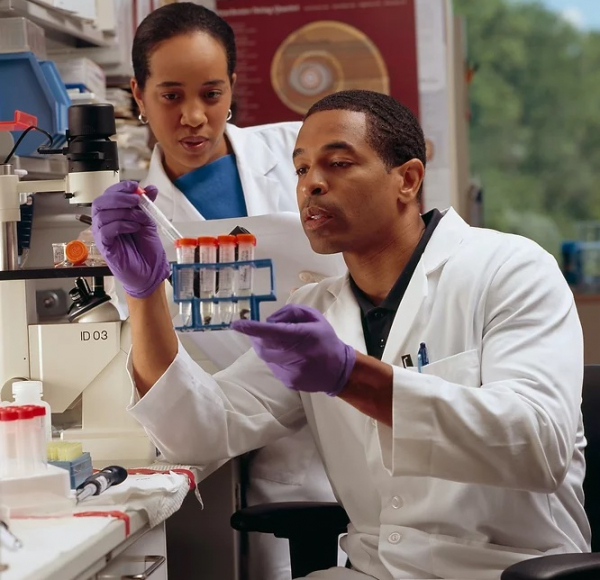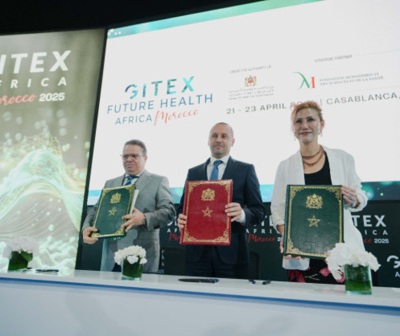In several low and middle-income countries, healthcare is still delayed by the poor technical services offered by health centers. The funding will help address the situation by improving medical diagnosis, which comes first before any medical intervention.
UK government agency National Institute of Health Research (NIHR) recently released about US$3.6 million to support the development of digital diagnostic tests for infectious diseases in seven African countries. The information was disclosed by the Imperial College London, in a release published, Tuesday (June 14). According to the release, the funding was awarded to researchers at the Imperial College London and those of 13 collaborating institutions in Burkina Faso, the Gambia, Ghana, Kenya, the Netherlands, Sudan, Uganda, the United Kingdom, and Zambia.
“We will evaluate the potential of digital diagnostic technology to tackle common problems including malaria and other childhood infections. The researchers in the project have a wide range of expertise, from electronic and design engineering to clinical medicine, health systems research, and mathematical modeling,” explains Dr. Aubrey Cunnington, Reader in Paediatric Infectious Diseases and head of the digital diagnostic test development project.
“The project addresses a huge unmet need for access to accurate diagnostics in low- and middle-income countries. [...] At present, less than half of the population of Africa has access to essential, accurate diagnostics. This makes it difficult to identify and administer the correct treatments, and to target disease prevention where it is most needed,” he stressed.
The NIHR funding is part of its Global Health Research Group (GHRG) program, which supports research partnerships between research institutions in the United Kingdom and in low- and middle-income countries (LMICs). The GHRG aims to generate scientific evidence that can improve health outcomes for low-income people by helping improve health practices and guide policies.
“Over the next four years, the funding will enable the GHRG to develop and evaluate next-generation digital diagnostic tests for infectious diseases,” the Imperial College indicates. To develop the tests, researchers will use Lacewing, a hand-held device developed by an Imperial College team. The device performs highly sensitive detections with an accuracy similar to that of large lab machines but it is portable, low-cost, and rapid, we learn. “The results are immediately linked to a smartphone which enables data transmission to monitor the real-time detection of different diseases in different locations,” the Imperial College London concludes.
Ruben Tchounyabe



















